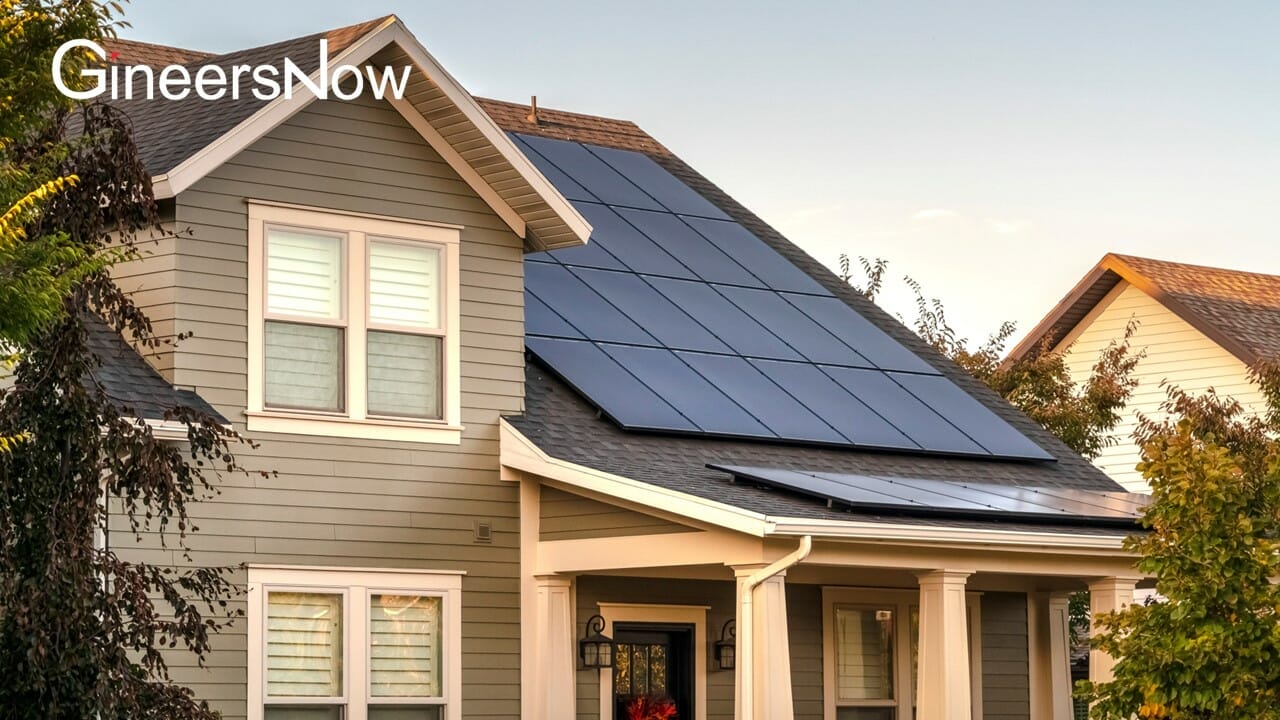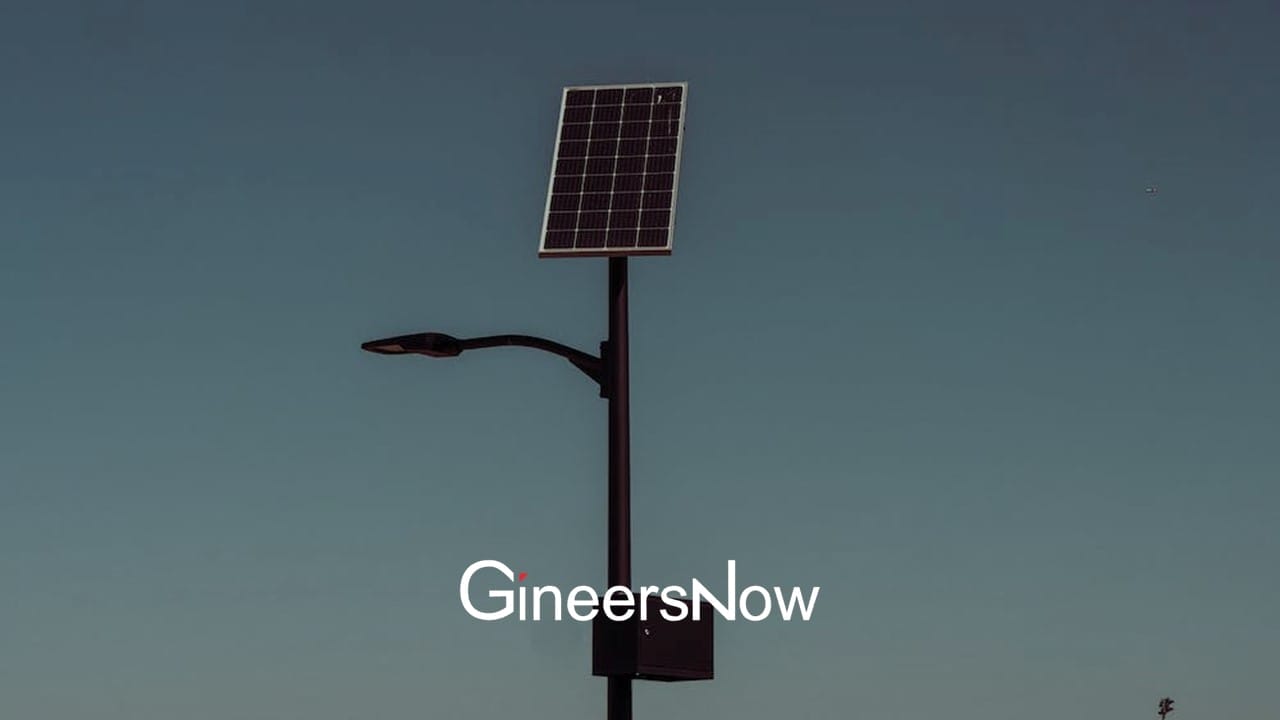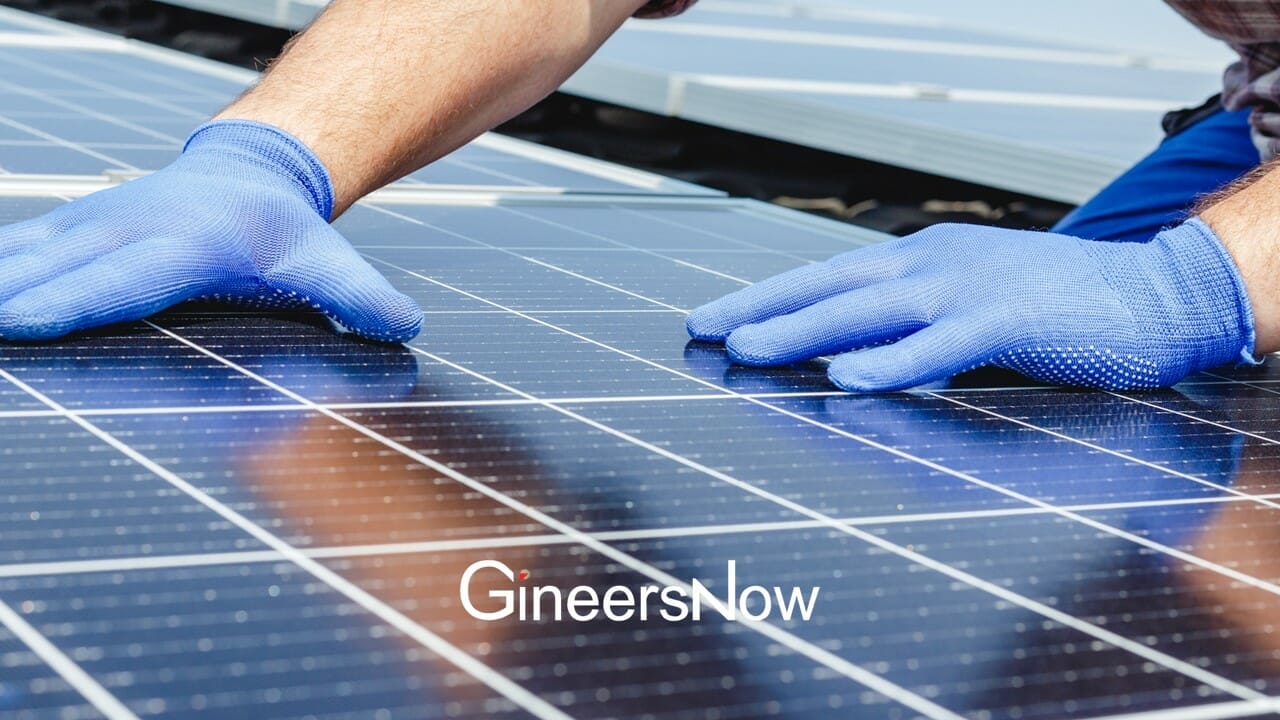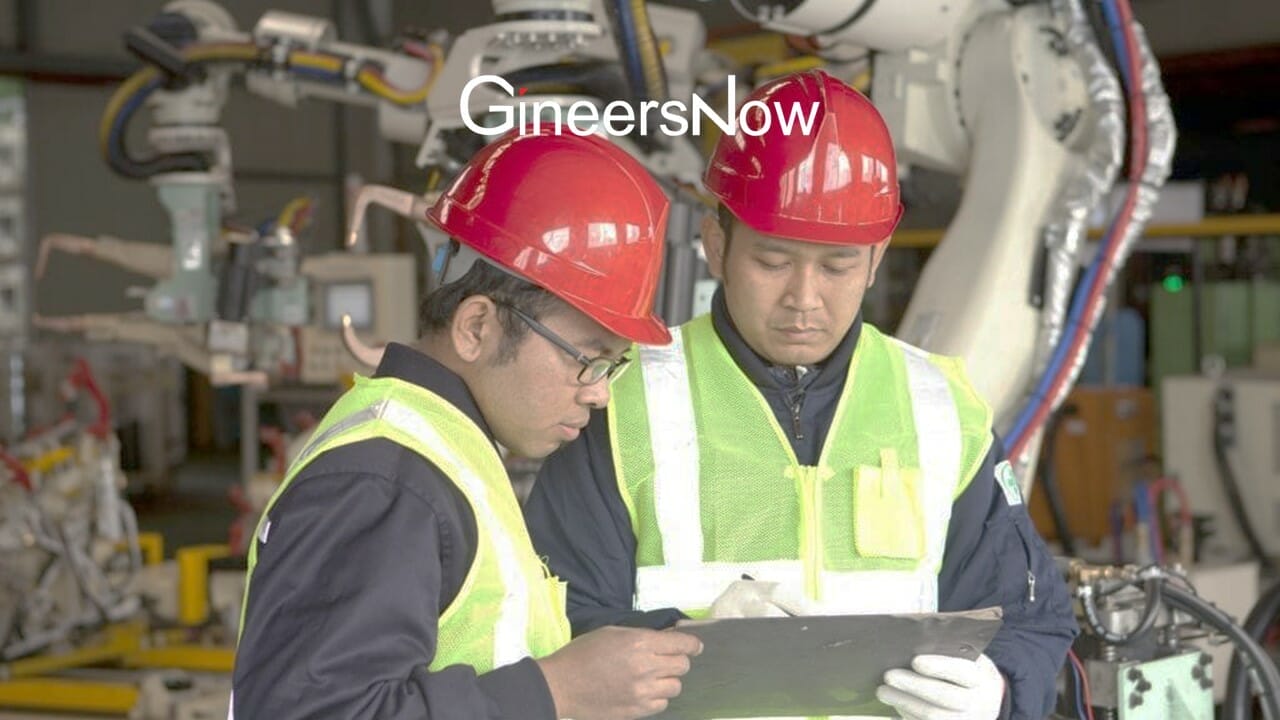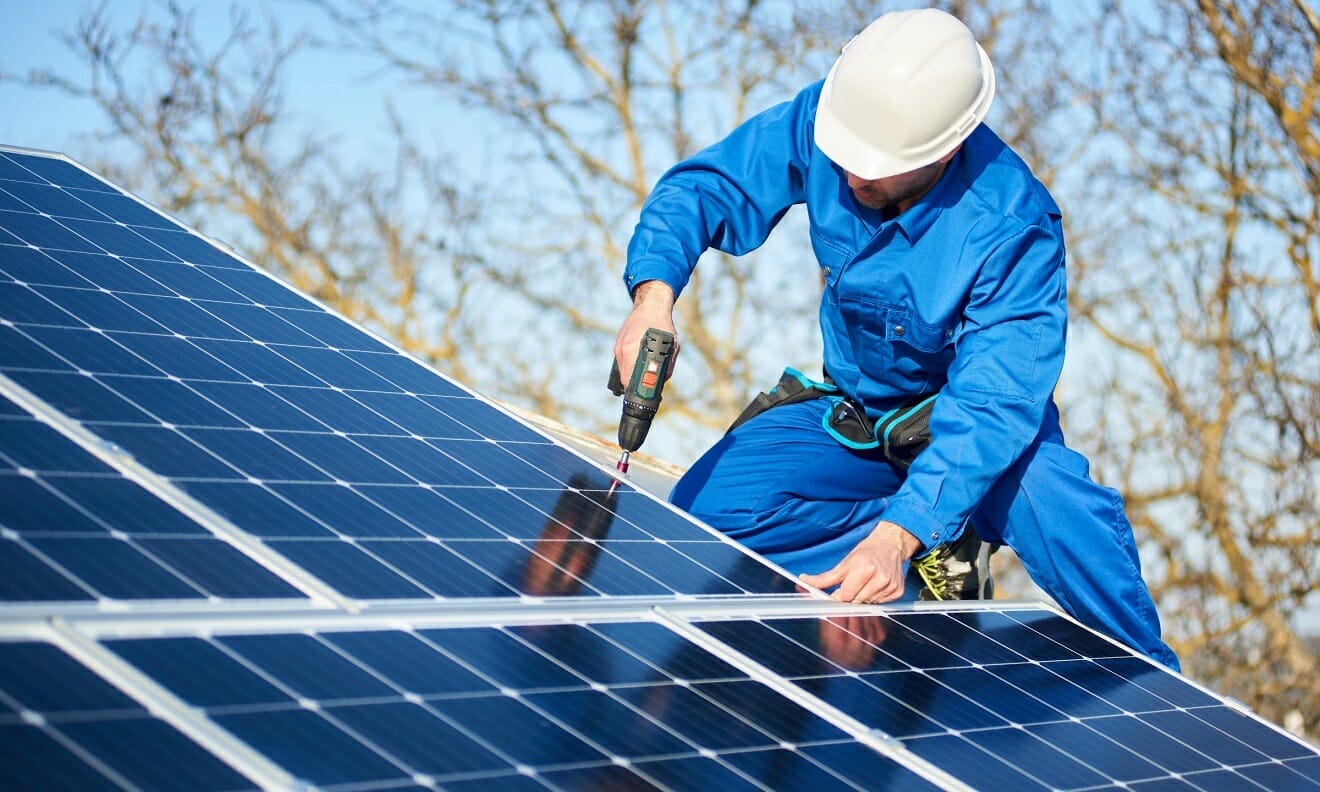From traditional to solar household energy supply can reduce your bills by up to 50% savings.
Most of our homes and appliances today use traditional energy sources to run them, which are supplies of electricity from giant power sources. These plants may generate electricity from finite sources such as natural gas, oil, coal, or nuclear.
Although these are commonly used in residential areas, these sources are limited, so they will run out anytime soon, leaving today’s ever-growing population helpless. Besides, these have adverse effects on our environment, and it is costly to pay bills to keep power in our homes.
What Is Solar Household Energy?
Luckily, there is an alternative to this problem—infinite solar energy. Solar technologies, such as Impact Energy home solar, use photovoltaic (PV) panels or mirrors to gather solar radiation. These also transform direct sunlight into electrical energy. This energy can be converted into electricity that can power our homes or be stored in batteries or, for others, in thermal storage.
Aside from being renewable, the use of solar energy can significantly cut the costs of our bills while being eco-friendly. The use of solar panels was once limited to large industries. Nowadays, it can easily be bought by those who want to convert their homes and their appliances to run on solar-powered energy.
Statistics And Environmental Footprint
Our modernized homes with appliances running on electricity impact the environment even though we might overlook its significance. A typical household’s carbon footprint is generally based on the number of machines and the income, with an equivalent of 19.3 to 91.5 tons produced annually.
Moreover, the more devices a house has that run on electricity, the more carbon dioxide is produced. In turn, these can harm the environment as the electricity is produced by power plants and releases by-products into our atmosphere.
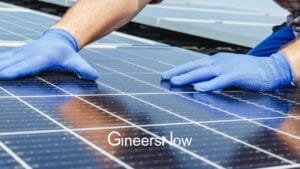
Benefits Of Solar Household Energy
Many attest to the numerous benefits you can get by converting your household from traditional to solar energy, and here are some of them:
Renewable and Inexhaustible
Because the sun is our largest power source, amounting to 430 quintillion Joules of energy per hour, the point the sun sends to land in a single hour is more than the total energy humans consume in a year. This makes the sun a limitless energy source for any industry, much more for residential homes. Having the sun as the renewable and inexhaustible power source ensures you won’t worry about power interruptions or paying large bills to your electric provider again.
Non-Polluting and Helps Avoid Global Warming
Electricity is the second largest contributor of greenhouse gases, with more than 2.56 billion tons of carbon dioxide released by just the power plants in America, so imagine the extent globally. These power plants’ waste products destroy our environment. The use of solar energy in our homes can cut our fair share of this, as it does not produce toxic pollutants in our households and can further aggravate global warming in the long run. Solar panels also absorb and convert solar power without having a by-product released into the waters or the atmosphere.
Reduces the Use Of Fossil Fuels
Fossil fuels, another traditional energy source for residences, are one of the most significant contributors to climate change. They produce many pollutants when in power plants and are used to run anything, ranging from cars to the electricity that we have in our homes. Additionally, fossil fuels are non-renewable as their creation can take millions of years before they can be replaced. Another negative thing about fossil fuels is they often lead to accidents due to pipeline leaks and can significantly impact the environment. On average, 92.2 million barrels of fuel are used daily due to greater demands in many industries. Having solar-powered homes in residential areas can gradually help with this problem. Hence, the need to import fuel from other countries to power our homes is reduced, lowering the overall cost of a household while caring for the environment and its non-renewable resources.
Generates Local Income And Jobs
The introduction of solar-powered appliances in many households has led to thousands of jobs, with everyone ensuring that these devices can efficiently run on solar power. Likewise, these appliances can lessen the amount of pollution in a community and lower electric bills, redirecting them to other more important things. Overall, solar energy is economically beneficial to large-scale manufacturers down to workers and even the users themselves as it contributes to the sustainable development of society.
Things To Consider When Moving To Solar Energy In Your Household
Moving to solar energy from traditional energy in your household may seem to be a lot of work and expense, but here are some of the things you must remember when making this change in your home:
Energy Efficiency of Your Home
Before you start shutting down your electricity fuses and buying solar panels, understand how solar energy works first and if it is efficient for your household, the setbacks, and the potential upgrades. Know where the energy in your house is mainly used, what your appliances are, and how much electricity they require to run. You must also factor in the compatibility of your appliances with solar energy, knowing if it is feasible and efficient to switch to LED light bulbs and how much energy is needed if you have a heating or a cooling system. Consider these carefully to know if your move to solar energy can sustain your home without limiting the standard functions you used to do with traditional electricity.
Solar Potential As Well As Any Limitations
Another factor you need to consider is the location of your house, where you’ll possibly place the panels and any hindrances that may cause your solar energy to be inefficient and insufficient to run your household correctly. Mapping tools and services can help estimate and determine if your house is suitable for solar energy. You can also ask local installers and contractors for a second opinion about your decision.
In addition, take note of shades that can hinder your panels from getting sunlight, as well as the geographical location of your home. Consider if your roof is sustainable enough to house these panels, too. The homeowner association in your area may also be a factor because you may need to coordinate with them before installing these solar panels to run your home.
Solar Alternatives
You can choose numerous options for moving from traditional to solar energy. You can purchase your panels and install them on your roof, but if you wish alternatives that are easier and with less hassle, you can choose between a community or a shared solar program for you and your neighbors. This is a good option if you don’t want to be responsible for the maintenance of these panels and not pay the tax credits for them. You can invite your neighbors to pool your purchasing power and have discussions that can power your houses. However, you might still need to pay the person in charge of these solar energy panels to keep them in good condition.
You can also lease solar energy systems if you’re not planning to purchase these for any reason. In a leasing agreement, you may need to pay for renting these solar energy systems. Yet these can still amount less compared to traditional energy bills.
Another thing you can consider is power purchase agreements from solar companies. If available in your area, this will function the same as your traditional energy provider, only with environmental and economic benefits. Whichever method you choose, remember to consider the factors that suit your solar energy conversion.
Energy Storage
Even though you can run your household on solar energy on a perfectly sunny day, this may be harder to do on days where there isn’t enough sunlight or the weather conditions do not favor solar energy. A solution to this would be to have batteries that can act as energy storage for your surplus sun energy, which you can use when direct solar energy is unavailable. You’ll want to ensure that the battery can still run in the same capacity so you can avoid inconveniences brought by power shortages.
Contractor Bids and Site Assessments
Once you’ve checked all the boxes to ensure that solar energy is suitable for your home, it is time to contact your contractor and installer. Ensure that the government accredits these contractors so that everything installed in your house is approved by safe standards, of quality, with a good warranty, and has a helpline if you need to have your system fixed.
Agreements With Installer of solar household energy
Finally, it is time to settle your payments and schedule an installation day for your solar energy panels. Remember that with changes in demands and lifestyle, your energy consumption needs may also change, which is why you need to have a sustainable system that works. Thus, contact your contractor to settle these concerns immediately.
Conclusion: Solar household energy
Solar energy is an infinite source of energy that you can utilize to power your home if you have enough resources and knowledge. It is feasible for a household to rely mainly on the sun’s energy, but consider the factors you learned here to know if solar energy will be efficient and convenient for your home.


